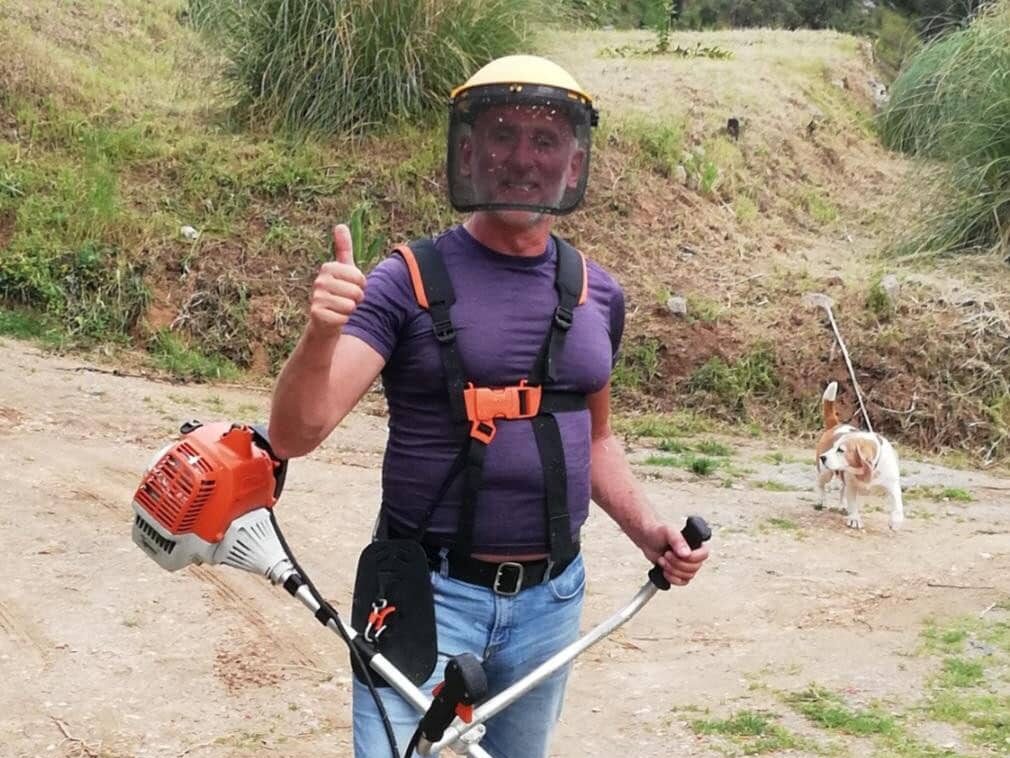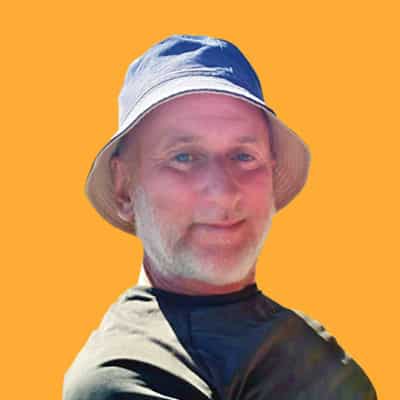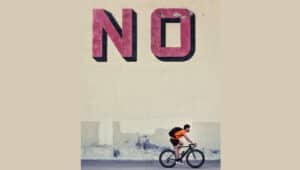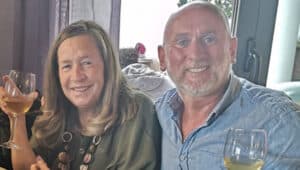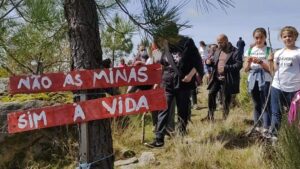An inescapable truth is that, as we grow older, we change physically. But perhaps as we navigate through those years, we also change, to some degree, who we are.
As the months passed, it slowly began to dawn on me that I was no longer the same person who had left the UK, and it had been changing environments that had made that happen.
I had gone from frequenting watering holes in Covent Garden to daily monitoring the water levels in the Mina. I was no longer focused on implementing government legislation; instead, I prioritised which farmland areas needed attention. I won’t lie to you. I was struggling with what this would mean for me. Would this really be my life?
I wonder if you look back to the person you were when you first arrived in Portugal and compare that to who you are now. Would you consider that you have changed in any way? And if so, in what ways? Could this be the daily things you now do as part of your new life, or do you think the sense of who you are may have also changed?
As I pondered these matters, a stranger appeared at the farmhouse door. He introduced himself as Paulo and explained that he lived in an abandoned building nearby. He looked dishevelled. It became clear that he wanted to share his story, so I listened intensely over coffee.

Paulo was born in northern Portugal and had a challenging childhood. Later, he moved to the bright lights and bustling life of the capital city, Lisboa, which brought its own set of difficulties. In search of change, Paulo then relocated to the Algarve, where the vibrant city life continued to present struggles. Ultimately, he arrived in Monchique, hoping to leave his past behind, and this decision turned out to be a wise one for him.
He now relied on land work from our Dutch neighbours, Wim and Betty. I would come to offer him similar support. Paulo spoke several languages and could program computers proficiently. As our conversation continued, it became clear, as is often the case with highly intelligent people, that he was as mad as a box of frogs (you know the type).

I have always been drawn to what I like to call “characters.” Paulo and I came from different worlds, yet he would come to rely on me daily, and I would come to depend on him for equal support. Over time, I grew to cherish him as a friend.
Paulo informed me that I needed to “clean the land.” I had heard this expression several times in Monchique, and at first, I mistakenly thought it meant using a bucket of water and a brush! However, I learned that it actually refers to cutting grass and other vegetation for wildfire safety. Paulo said that I needed to buy a “strimmer” and offered to teach me how to use the machine so we could work together to “clean the land.”
The next day, I purchased my first strimmer (Note to the reader: cheap products made in the Far East are not always a wise choice). When I returned, Paulo was waiting to give me my first lesson.
Initially, I thought this would be a straightforward process, but I was mistaken – strimming is a skill that needs to be learned. The first task was to mix petrol and oil in the correct proportions. Next, I had to attach the metal blades, fit the body harness, and position the safety helmet. I was then ready for action!
We decided to focus on the eastern part of the land, where the wildfire had not reached. The brambles had not been cut in decades, so we attacked the area from above, below, and both sides before venturing into the dense undergrowth. Paulo told me that, in the distance, there was a hidden stream that flowed after heavy rainstorms on Fóia Mountain.

As we continued working, something dramatic occurred in just a few seconds. First, sparks flew as the metal blades of my strimmer hit a hidden boulder. A terrible noise followed as the shaft of the machine snapped in half. Then, the rotating metal blades ricocheted off the boulder and headed directly toward me!
Thankfully, the metal mesh of my safety helmet protected my face and possibly more down below. In shock, I turned to Paulo and said, “Let’s call it a day.” Paulo responded, “It’s fine, I’ll now teach you how to use a chainsaw.” I replied, “No, thank you. I value my hands and limbs too much!”
Paulo suggested that we visit a local bar. The owner, Joaquim, didn’t speak a word of English, but I managed to order our drinks, which turned out to be the first of many! Paulo smoked profusely with, you know, those special cigarettes with a distinctive aroma. It was then that Paulo said, “I want to tell you something else about myself.” Intrigued, I replied, “Do tell.” That’s when Paulo revealed, “I’m a secret agent.”
A few minutes later, as I realised he genuinely believed he was Jason Bourne, my thoughts turned, as they often do in bizarre situations, to the question: “What would the Queen Mother do?” The answer was clear – have a large gin and tonic, which is exactly what I did!
The next morning, feeling rather delicate and looking in the bathroom mirror, I realised I was letting myself go in appearance. I needed a shave. So, I headed to Monchique and found a barbershop. The President of Portugal would later make the same visit.

When it was my turn to sit in the barber’s chair, I spoke in attempted Portuguese, not that it mattered as José spoke perfect English. During our conversation, José casually mentioned, “I don’t like immigrants coming to Portugal.” Given that he had a cut-throat razor at my throat, I thought it best not to engage in a debate on the matter!
Safely out of the barber’s chair, I said, “You do realise that I’m an immigrant?” José replied, “Yes, of course, I know, but you’re different.” At that moment, I decided it was best not to inquire further, as I might not have appreciated his explanation.
As I was about to leave the barbershop, José called out to me, saying, “You live near Paulo, don’t you?” I replied, “Yes, he’s my neighbour.” (Second note to the reader: like many villages in Portugal, everyone knows everyone.) With a glint in his eye and a wry smile, he said, “Do you know Paulo’s a secret agent?” I paused for a moment and then replied, “Yes, I do, but please don’t tell anyone – it’s a secret!”


